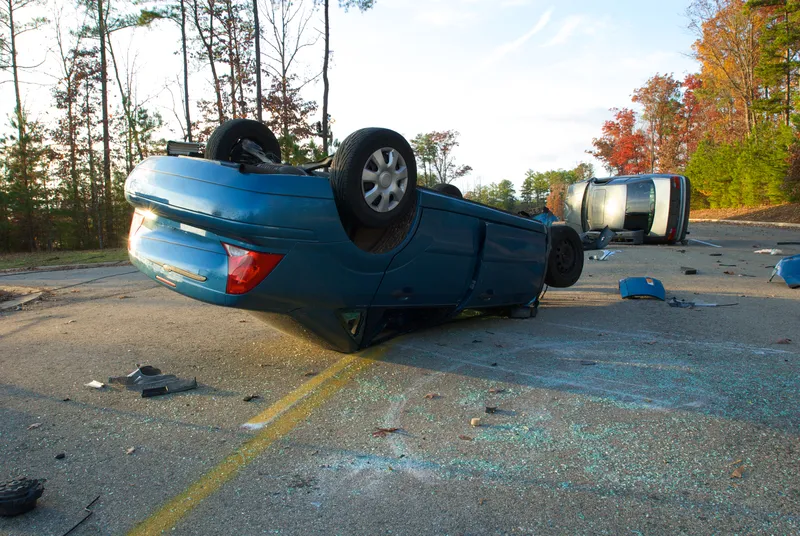A new digital CCTV system from UK civil enforcement supplier Videalert for the enforcement of stopped vehicle offences has been specifically designed to reduce the incidence of stopping and parking on the zig-zag lines outside schools.
Using a single camera, the Videalert system continuously monitors the restricted area and automatically zooms in to capture the number plate of any vehicle that stops during the period defined by the local traffic order, typically twice a day during the school opening and
October 1, 2013
Read time: 2 mins

A new digital CCTV system from UK civil enforcement supplier 7513 Videalert for the enforcement of stopped vehicle offences has been specifically designed to reduce the incidence of stopping and parking on the zig-zag lines outside schools.
Using a single camera, the Videalert system continuously monitors the restricted area and automatically zooms in to capture the number plate of any vehicle that stops during the period defined by the local traffic order, typically twice a day during the school opening and closing hours. The camera then automatically zooms out to capture relevant parking signage and the video evidence pack is transmitted to the council for review before automatically generating a PCN. An additional benefit of the system is that it can also record video outside schools 24/7, providing further protection to pupils, staff and premises.
“According to the insurance industry, more than 1,000 children a month are being injured on local roads around British schools despite the use of zig-zag road markings to improve visibility,” commented David Richmond, CEO of Videalert. “This next generation system is based on the same technology used for complex moving traffic offences such as banned turns and box junctions and it will help to reduce the number of accidents that are happening outside our schools every day.”
Using a single camera, the Videalert system continuously monitors the restricted area and automatically zooms in to capture the number plate of any vehicle that stops during the period defined by the local traffic order, typically twice a day during the school opening and closing hours. The camera then automatically zooms out to capture relevant parking signage and the video evidence pack is transmitted to the council for review before automatically generating a PCN. An additional benefit of the system is that it can also record video outside schools 24/7, providing further protection to pupils, staff and premises.
“According to the insurance industry, more than 1,000 children a month are being injured on local roads around British schools despite the use of zig-zag road markings to improve visibility,” commented David Richmond, CEO of Videalert. “This next generation system is based on the same technology used for complex moving traffic offences such as banned turns and box junctions and it will help to reduce the number of accidents that are happening outside our schools every day.”








